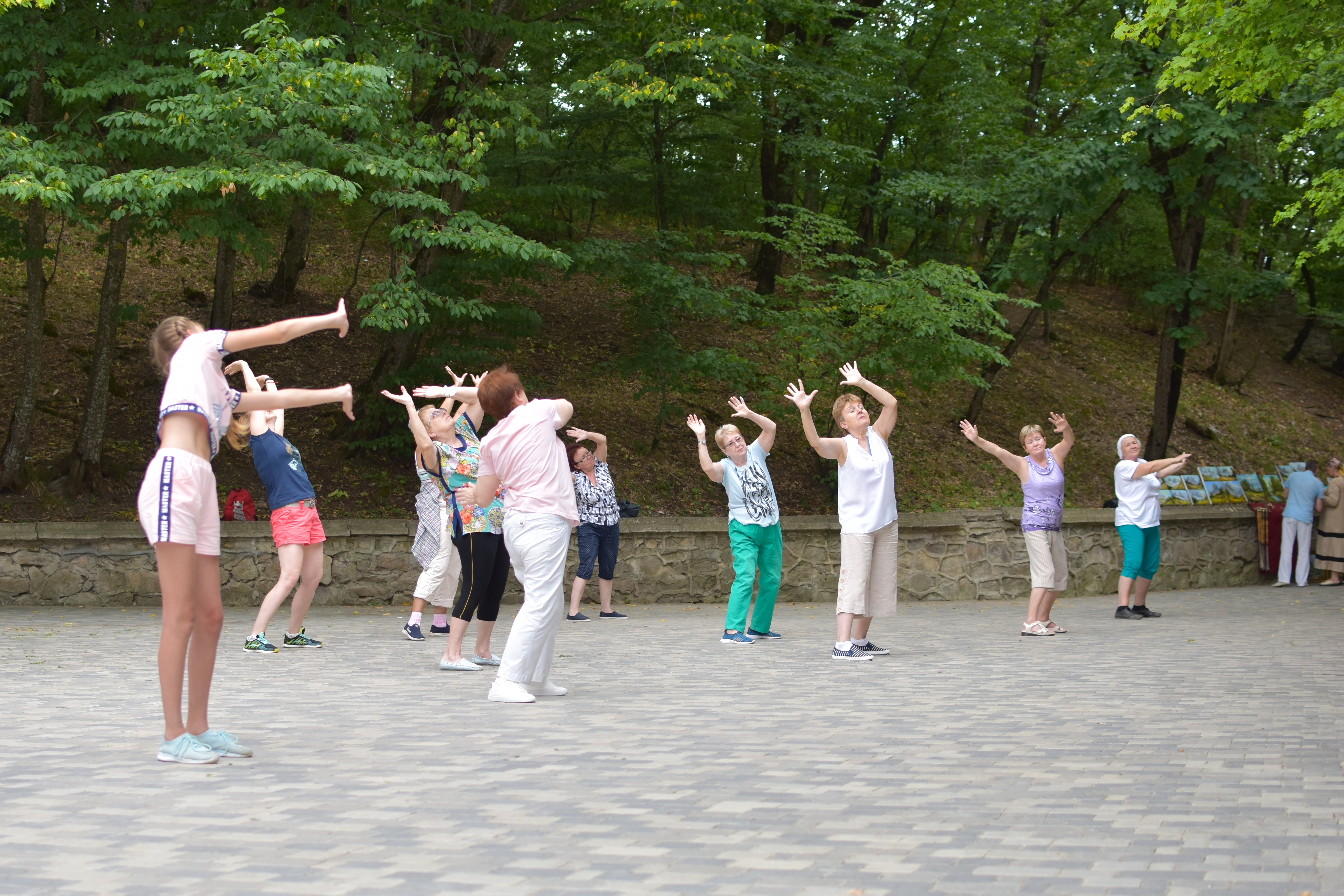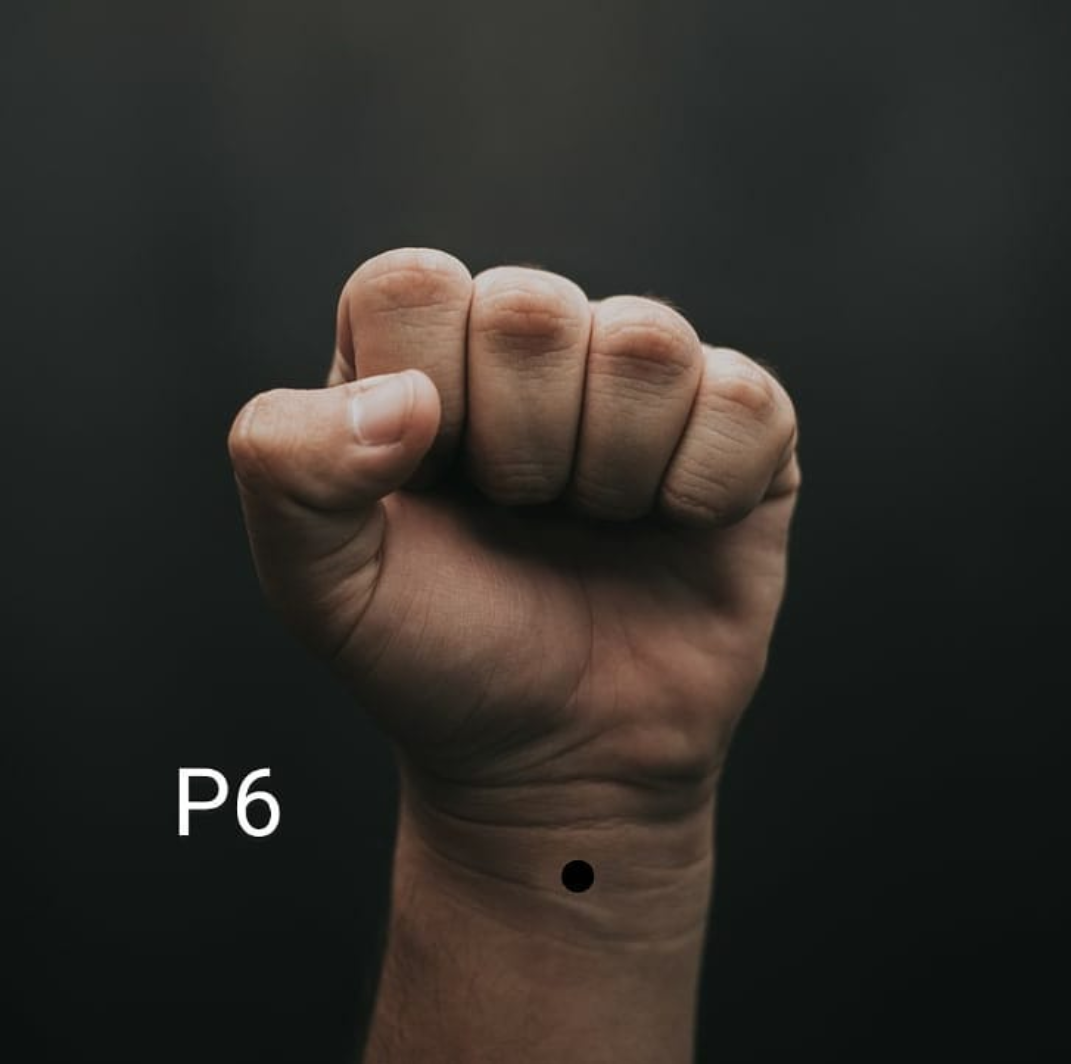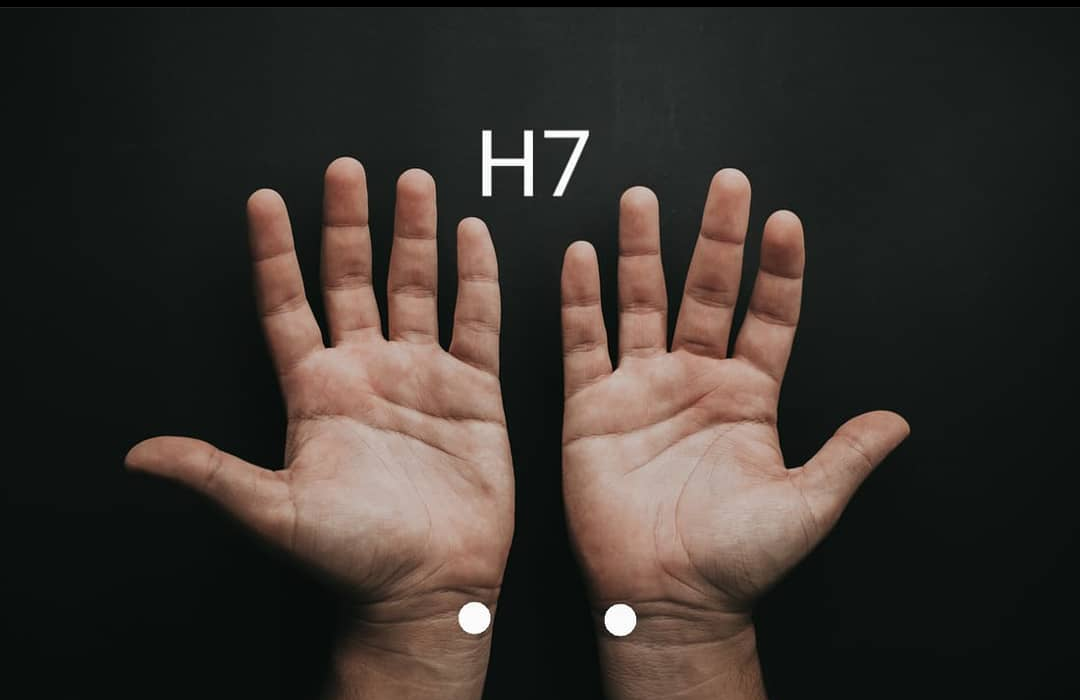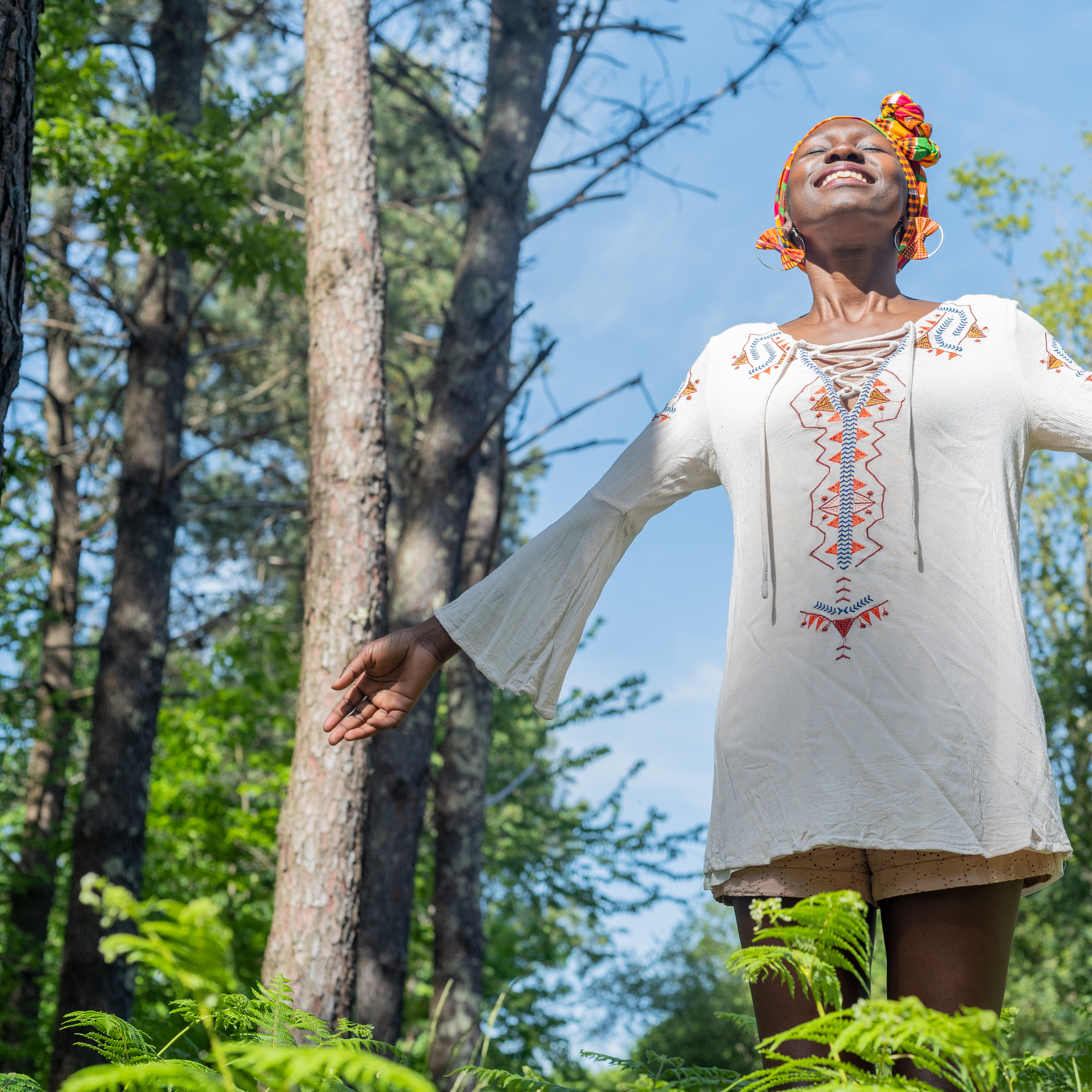
A Self-Care Practice for Summertime Using The Wisdom of Traditional Chinese Medicine
This is part of Alison's 5 part TCM self-care series
This third piece is in preparation for the summer season.
Northern Hemisphere: June to September
Southern Hemisphere: December to February
Cardiovascular health is half the story in looking after your heart.
In studying ancient traditional Chinese medicine (TCM) texts, the heart is thought to be the master of the blood, the commander of the vessels, and the steward of Shen. TCM is thousands of years old. Their poetic descriptions of the body were born from a deep connection to themselves, nature, and to the surrounding environment. It isn't such a stretch to imagine the heart controlling blood circulation and blood vessels, but what is Shen?
Shen, loosely translated, is vitality or spirit, or, "The light that shines out of your eyes when you are truly awake". The heart works closely with the pericardium, small intestine, and 'San Jiao' (an energy system that governs the movement of fluids). It is also connected to the season of summer, to the taste of bitter, to the element of fire. Heart health is reflected in the tongue and face. Exercise and cardiovascular health is only part of the story. Heart health has much to do with your sense of purpose, contentment, and vitality.
How do you know if your heart energy is out of balance?
Your heart is intimately linked to your vitality. If your heart energy is low, you may get symptoms of vague sadness without cause, difficulty concentrating or poor memory, lack of purpose or direction, anxiety or a type of chronic restlessness, and of course, heart symptoms such as palpitations or an irregular heartbeat.
How do you get that sense of radiance and a twinkle in your eye?
Garnering a sense of self-love, finding your purpose, practicing gratitude, and finding joy can all help to nourish your Shen. Let's address those individually:
- Self-love: When I was growing up (in the UK), the idea of loving yourself was frowned upon as being 'big-headed'. There was very little emphasis on the importance of being comfortable in your own skin and having love and compassion for yourself. The consequences of this can be detrimental and far-reaching. If you haven't practiced self-love, this is going to take time. It is like a muscle that you gradually build. Start small by naming a part of your body that works well, or something that you did that was kind, or a job that you did well. Do this consistently.
- Finding your purpose: Research shows that people with a strong sense of purpose are less likely to develop heart disease, have a stroke, or develop depression or dementia. But what does it mean to find your purpose? Your purpose is the part of you left when you remove all of your hats. It is not your job title or your family role. It is the drive that gets you to donate your time, money, or skills to something. It is the part of you that does the thing that you love, (whether or not you earn any money from it). It is doing that thing you loved to do as a child, (whether or not you are very good at it). It is doing more of the things that get you into your flow, (when you are so engrossed in something that you forget to check your phone). Finding meaning in your life, however small, will have a positive effect on your heart health.
- Practicing gratitude: One thing I do before I fall asleep is name 3 things I did well that day and 3 things I was grateful for. This varies from "I drank plenty of water today" to "I didn't stab anyone in the eye with my fork today" to "I was grateful for the birdsong this morning". By listing all of the good things in your life you are re-wiring your brain for positivity. The scientific research is very promising in this area, but try it for yourself, be consistent, and notice the shift in your mindset.
- Finding your joy: Joy is the main emotion associated with the heart. Joy tends to be found in the small daily things: the smell of other peoples washing powder (why does it always smell better?), fairy lights left up all year round (they are called joy lights in our house), the heat you feel when your little one (or cat) leans against you or seeing a dog with its head out of the car window. The trick is to be mindful enough to notice the small things and to continuously drip feed the tiny moments of joy into your heart's deposit account.

What is the best exercise for your heart?
When I trained in China, I noticed the parks were full of people exercising, but I didn't see anyone jogging, HIIT training, or breaking a sweat. They were all practicing Tai Chi, Qi Gong, or ballroom dancing. They were exercising for health rather than to burn calories or change their body shape. The thought of having to wear tight-fitting clothes and being in a room full of hardcore gym-goers can put some people off exercise. If prescribed exercise isn't your jam, keep it simple, regular, and fun, by finding movement that makes you feel good. It can be as simple as taking a walk, forest bathing, or salsa dancing. You get extra heart points if you find movement that you enjoy with a friend. You don't have to push yourself to the limit to improve heart health.
Nourishing your pericardium to support heart health.
Another way to nourish your heart is to help its partner, the pericardium. The pericardium is the connective tissue that surrounds your heart, protecting it from infection and physical shock. Your pericardium protects you from emotional shock, grief, or trauma. If you have ever suffered from a broken heart (and who hasn't?), then your pericardium will energetically put up protective walls. This can be a great strategy at the time, but in the long run, it prevents you from fully giving and receiving love to and from others, and yourself. Fear of being hurt again can mean we lose a meaningful connection to others and ourselves, which is not good for our hearts.
How do you know if your pericardium is overprotecting your heart?
-
You are unable to fully trust
-
You don't allow all parts of you to be seen
-
You have a history of armoring
-
Keep letting the 'wrong' people in

How can you change the health of your pericardium?
Practice a visualisation thanking your pericardium for its protection, but let it know that you are safe now. Then invite that protective wall to take a couple of bricks out here and there, at your own pace. Place one hand over your heart while saying whatever words are meaningful. You can also journal or dance the emotional blockage away - do whatever resonates with you. Use acupressure points P6, pictured above, and H7 discussed below, to clear the energy from the meridian.
The heart-uterus connection.
Another aspect to consider is the TCM connection between the heart and the uterus. There is a meridian that bridges the two (Bao Mai meridian), but it isn't such a stretch to think of the heart and womb being connected (or the heart and prostate in men). If you have unprocessed emotions from trauma the meridian between your heart and your womb may be blocked. An event can be so overwhelming that we shut the memory of it away in the hope of not having to process the pain. I see this in a lot of clients who are having a challenging time getting pregnant. After a while, they start to think of their womb as being broken, and they (non-consciously) disconnect themselves from it. If I am working with a client with reproductive issues, I often address their heart energy too. If you have had a challenging time with fertility, miscarriages, or period issues, try connecting with your heart, imagining that channel between your heart and womb flowing freely. You can do this in any way that feels right to you, either by sending a colour, words, or feelings between the two.

Acupressure points support heart health.
H7 Spirit Gate
We will focus on an acupressure point called Heart 7, H7 for short, or more poetically called Spirit gate. Because you don't need pinpoint accuracy, gently massage where the palm of your hand joins your forearm (little finger side) at the crease of your wrist.
This point is good for:
-
Insomnia
-
Forgetfulness
-
Panic
-
Anxiety
-
Palpitations
-
Depression
So, of course, your cardio fitness is going to support your heart health, but these are accessible, affordable ways of nourishing your heart and feeding your spirit so that the Shen can shine out of your eyes. If you need outside support, you can schedule with your acupuncturist.
Research mentioned:
The effect of loving-kindness meditation on positive emotions: a meta-analytic review
To learn more about Alison Williamson and her practice in England, check her contributor bio.


